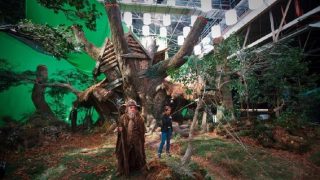
On the generation of problems by 20th century science and technology
Jon Agar is a Professor of Science and Technology Studies at University College London. He writes on contemporary technologies (such as mobile phones, ID cards) and the history of modern science and technology. He is the author of Science in the Twentieth Century and Beyond published by Polity Press. He is also editor of the […]








